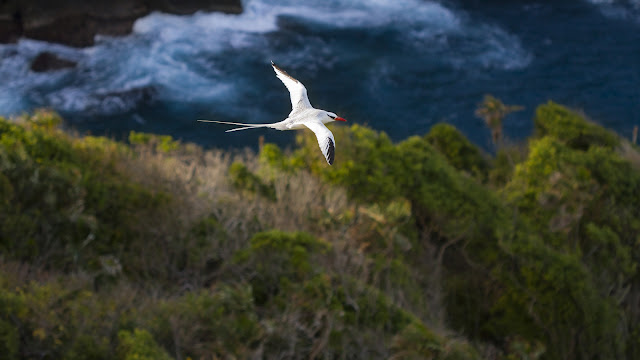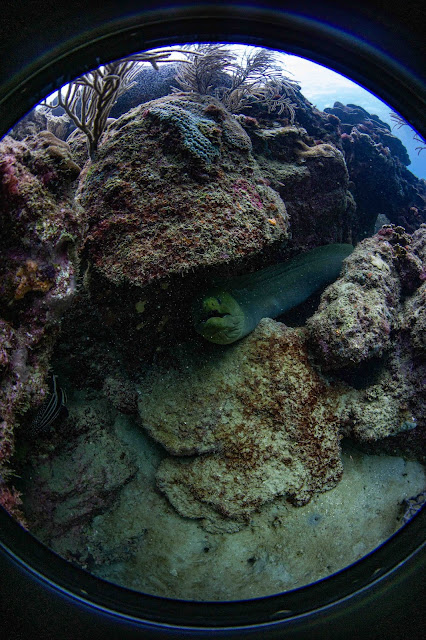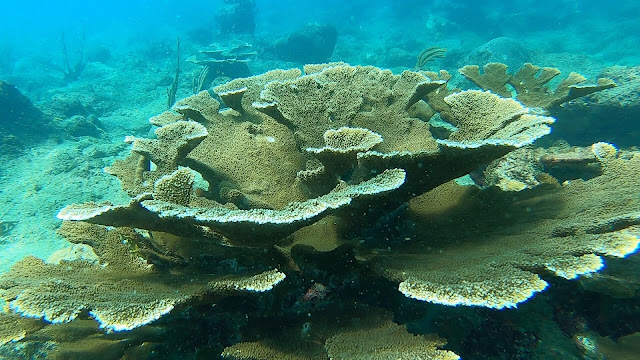Reconnecting with the Beach in Barbados
Pat Ganase details the process of going for a sea bath in the time of Covid-19. She journeyed to Barbados, and learned about another Caribbean island. Photos by Pat Ganase
We are islands. Wherever we live, it’s not far from the sea. Even when we don’t go to the beach, we know we can reach there in half an hour or less. The ocean is our blood.
“Blood can also be thought of as a private ocean,” wrote Natalie Angier on The Wonders of Blood, “Not only is blood mostly water, but the watery portion of blood, the plasma, has a concentration of salt and other ions that is remarkably similar to sea water.” (The Wonders of Blood, Natalie Angier, NYT October
During Covid-19, while we understand the need not to congregate – in rumshops, churches, groceries, parks, playgrounds, even at home – the ban from the beach feels like a separation from an essential self. But the beach is still open in Barbados.
Getting to Barbados requires proof of complete vaccination (two jabs of Astra Zeneca, the second at least two weeks before travel), a PCR test (done no more than 72 hours before travel) and online submission of immigration application. That done, the one-hour flight from Trinidad on Caribbean Airlines’ ATR island hopper was uneventful.
 View of Brighton Beach towards the Barbados Flour Mills:
coralline sand on the southwest coast of the island.
View of Brighton Beach towards the Barbados Flour Mills:
coralline sand on the southwest coast of the island.
Landing at Grantley Adams International Airport behind three giants - British Airways, Virgin and JetBlue - we entered an arrival hall packed to the walls. No social distancing here; fortunately we were still masked. It is possible to hire an expediter who will take your documents and lead you down an aisle direct to the Health Unit for a PCR test; you should have pre-booked one or two nights in a Government-approved isolation facility where you remain until your test result is emailed to you. At Immigration, you present your Receipt for your documentation submitted online and captured on an app called BimSafe. The expediter is worth his fee; we were out of the airport in the time it took to be swabbed; to be stamped and to collect luggage. We took a taxi to the holding facility. The PCR result came in ten hours later: we were negative. I am not sure of the procedure if we had tested positive for Covid-19.
.
Final destination was a home called Sunset on Brighton beach, just north of Bridgetown on the west coast.
While there may be similarities with the west coast beaches of Tobago – white coralline sands, rocky coral underwater - the beach on Barbados is very different from any in Trinidad. The major influence on Trinidadian beaches is the outflow of South American rivers, the Orinoco and the Amazon. These rivers also affect the waters around Tobago - the greenish water and the coral species that survive and thrive in riverine flows – and around Barbados to a lesser extent. In Barbados, beaches reflect the island’s geological origins - the crashing together of the Atlantic and Caribbean plates of the earth’s crust - which created the Barbados ridge. The island is a high point on this ridge and, still affected by the plates moving against each other, continues to rise.
Standing east of the volcanic Antillean archipelago, Barbados is not a volcanic island. She is the uplifted sedimentary rock of the Atlantic plate to which accretions of coral-building animals continue to grow. Along this ridge, Barbados is an actively rising island, growing by centimetres every thousand years. Coral reefs growing around the edges of the island are being pushed above sea level on the rising plates as new reefs form underwater. Sedimentary rock topped by some 30 metres of coral-based strata may be seen especially at the north end of the island where the rock is pitted and pierced by the constant Atlantic waves.
Geologists are encouraged to ascend the sea-level staircase from the east coast to Mount Hillaby (the highest point on the island at 340 m). The ascent is marked by terraces which represent sea level highmarks at various times in the geologic past. “Barbados is one of a few places on the planet where enough material has piled up to push the accreted sediments above sea level. These unusual circumstances make Barbados one of the best places in the world to determine the history of sea-level rise and fall during the last 700,000 years.” (Cook and Abbott, Ascending the sea level staircase)
North Point Barbados: caves in sedimentary rocks created by
the Atlantic Ocean.
Most of the island's surface consists of thick coralline limestone. An exception is in the northeast of the island, the Scotland District, where oceanic sediments settled. These were mined for construction materials; now spent, the quarry is being replanted and rehabilitated as Walker’s Reserve. The north and east coasts face the surging Atlantic Ocean; with high waves and strong currents. The west coast of the island faces the Caribbean Sea with tranquil beaches; and an apron 300 metres out that supports coral-builders.
Brighton is an older residential area just off the Mighty Grynner highway – the renamed Spring Garden highway - the route of the annual Kadooment street party. (Because of Covid-19, Cropover and Kadooment – the first Monday in August - were cancelled in 2020 and 2021.) Brighton Beach is bookended by Barbados Flour Mills on the south and the West Indies Rum Distillery on the north. It is an industrial part of Bridgetown belied by the calm clear water and pristine beach.
There is still an 11 pm til 5 am curfew in Barbados, but beaches are now open (following periods of limited hours on beaches). From as early as 5.30 or sunrise, there is a steady flow of people – especially the elderly – on Brighton Beach: walking briskly, exercising, soaking in the salt. It is a peaceful and calming scene; people greet each other politely with effortless social distancing.
The return from Barbados was similarly uneventful: a PCR test swabbed within the 72 hours before travel, and the completed and approved TTravelpass.
It was refreshing to get to the beach, albeit in Barbados; to step into the Caribbean Sea which washes all our coasts; and to renew the bond of blood and sea that runs in island people.
This cruise ship was heading into Bridgetown on the morning before I left Barbados.
References:
Travels in Geology: Barbados: Ascending the sea-level staircase by Terri Cook and Lon Abbott, Earth magazine, 2018
https://www.earthmagazine.org/article/travels-geology-barbados-ascending-sea-level-staircase/
The Geology of Barbados, a field guide, Stephen K Donovan with David A. T. Harper, Caribbean Journal of Earth Science
https://www.mona.uwi.edu/geoggeol/JamGeolSoc/CJES%20Web%20page/CJESpdf/CJES%2038-3%20-%20Donovan.pdf
Fascinating Caves and other Geological Features of Barbados, Arun Kumar, 2013
https://www.researchgate.net/publication/301766301_Fascinating_caves_and_other_geological_features_of_Barbados_West_Indies)




